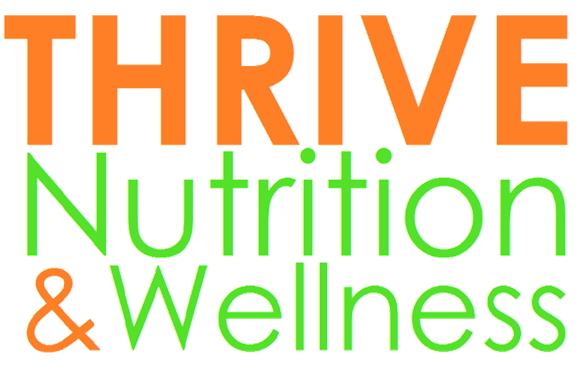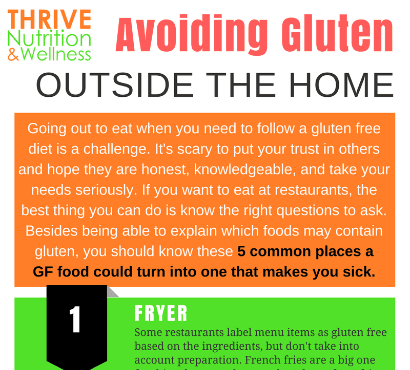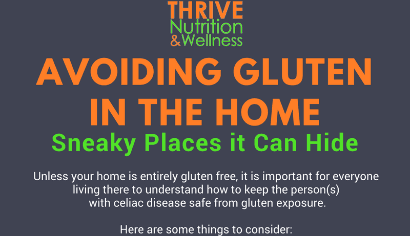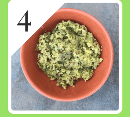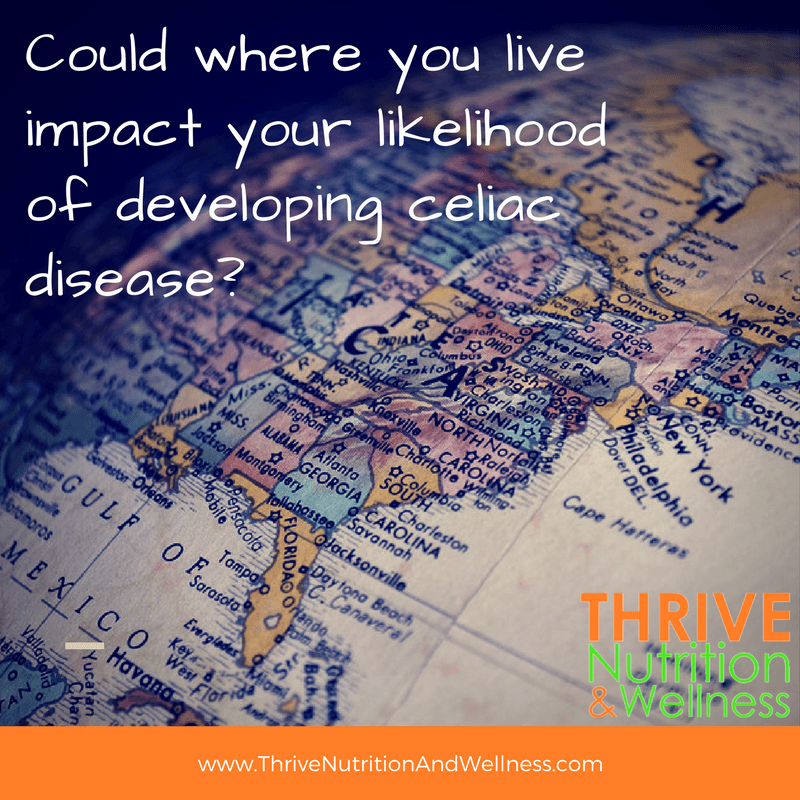Non-Celiac Gluten Sensitivity
- By Andrea Langston, MS, CNS, CDN
- •
- 31 May, 2018
- •
Yes, you can be sensitive to gluten and not have celiac disease.

My goal for Celiac Disease Awareness Month is primarily to inform and educate people on celiac disease specifically, hence the name. However, any talk of celiac disease is not complete without discussion of non-celiac gluten sensitivity (NCGS). Outside of the varying extremes of a gluten free diet undertaken for celiac disease and those following it in hopes of losing weight or because their favorite celebrity is doing it, there are people who are sensitive to gluten but do not test positive for celiac disease. The name for this is non-celiac gluten sensitivity (NCGS), more often referred to as "gluten sensitivity," and becoming more accepted as a true health issue in the medical world.
People with NCGS do not test positive for antibodies or have the same villous atrophy that those with celiac disease do, yet they experience true negative impacts from ingesting gluten, including gastrointestinal problems, fatigue, brain fog and headaches. They are not experiencing an autoimmune condition, but that does not mean that gluten's impact on their symptoms and quality of life is not real.
In fact, studies have shown that gluten can increase intestinal permeability in anyone. So although the damage to the gut may not be as extreme as in those with celiac disease, there are people without celiac disease who can truly benefit from a gluten free diet. There have been documented improvements in patients with Hashimoto's thyroiditis, MS, migraines, and even autism when people stop eating gluten. For anyone beginning a gluten free diet, especially someone hoping to use it therapeutically to help with a health condition, it is important to make sure you are meeting all of your nutrient needs, which is where an experienced nutrition professional can be a huge help.
There is no diagnostic test for NCGS, it is more a condition of exclusion. If all testing has been completed and celiac disease is ruled out, (as well as wheat allergy) but avoiding gluten improves the symptoms, you are said to have NCGS or be gluten sensitive. At this point it does not seem that NCGS brings any increased health risks, however, someone experiencing it likely has compromised gut health which can lead to a wide array of other health concerns. Depending on the underlying cause of the gluten sensitivity, there is a chance that healing the gut through nutrition and lifestyle changes could allow tolerance of gluten again, or at least reduce or eliminate symptoms and reduce the risks of additional health concerns in the future.
Feel free to contact me for more information.
People with NCGS do not test positive for antibodies or have the same villous atrophy that those with celiac disease do, yet they experience true negative impacts from ingesting gluten, including gastrointestinal problems, fatigue, brain fog and headaches. They are not experiencing an autoimmune condition, but that does not mean that gluten's impact on their symptoms and quality of life is not real.
In fact, studies have shown that gluten can increase intestinal permeability in anyone. So although the damage to the gut may not be as extreme as in those with celiac disease, there are people without celiac disease who can truly benefit from a gluten free diet. There have been documented improvements in patients with Hashimoto's thyroiditis, MS, migraines, and even autism when people stop eating gluten. For anyone beginning a gluten free diet, especially someone hoping to use it therapeutically to help with a health condition, it is important to make sure you are meeting all of your nutrient needs, which is where an experienced nutrition professional can be a huge help.
There is no diagnostic test for NCGS, it is more a condition of exclusion. If all testing has been completed and celiac disease is ruled out, (as well as wheat allergy) but avoiding gluten improves the symptoms, you are said to have NCGS or be gluten sensitive. At this point it does not seem that NCGS brings any increased health risks, however, someone experiencing it likely has compromised gut health which can lead to a wide array of other health concerns. Depending on the underlying cause of the gluten sensitivity, there is a chance that healing the gut through nutrition and lifestyle changes could allow tolerance of gluten again, or at least reduce or eliminate symptoms and reduce the risks of additional health concerns in the future.
Feel free to contact me for more information.
